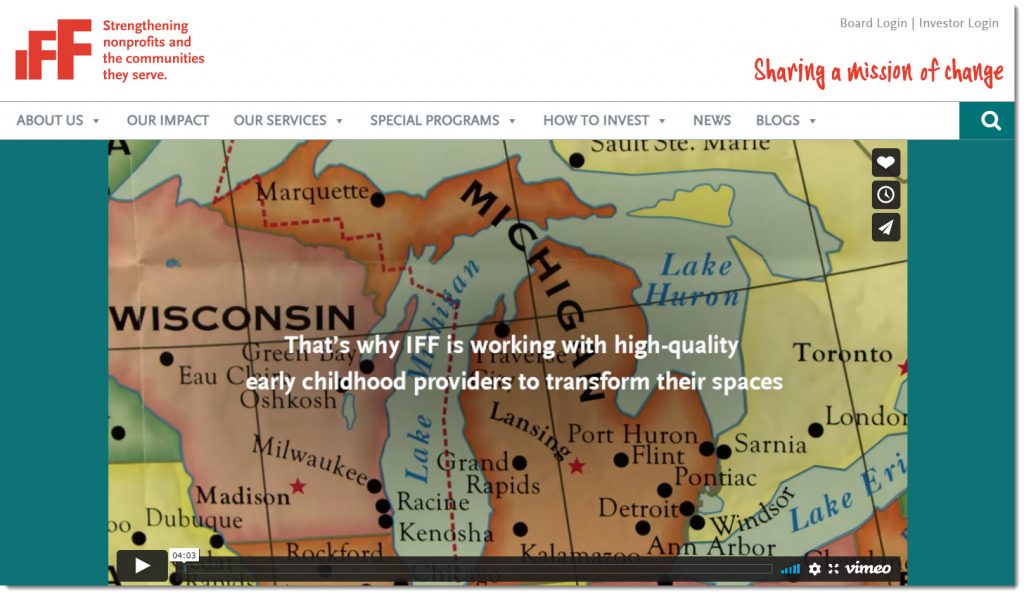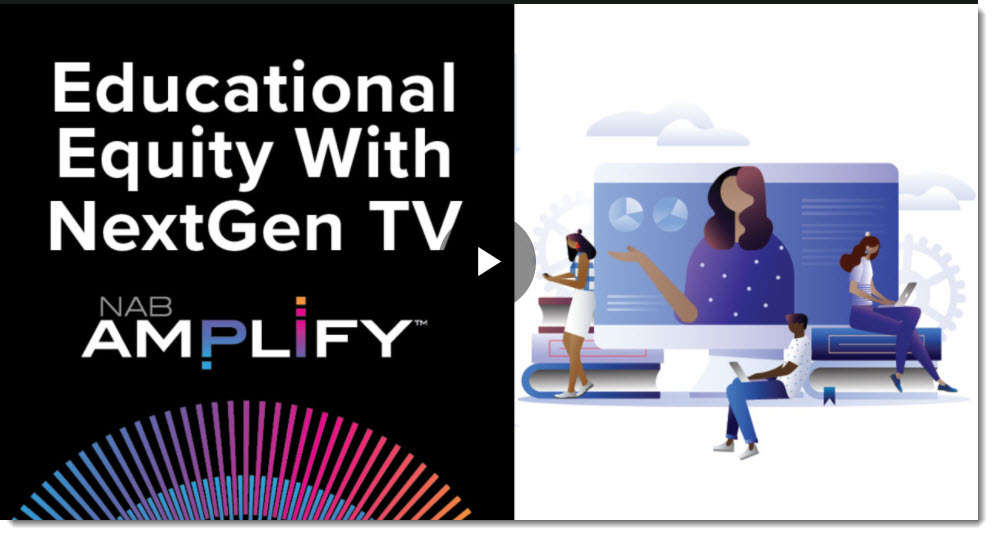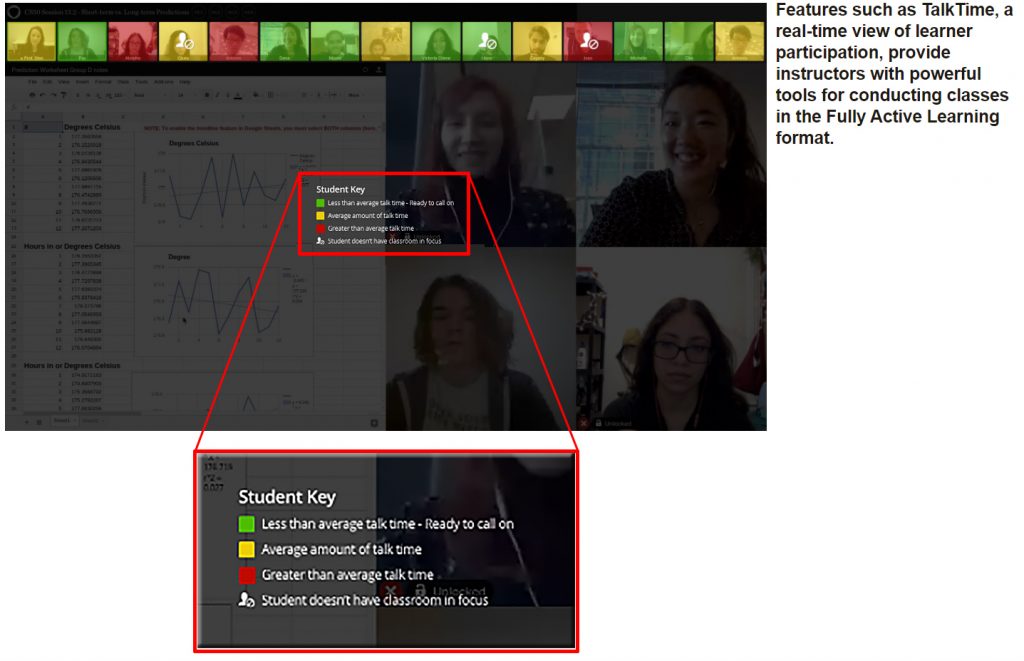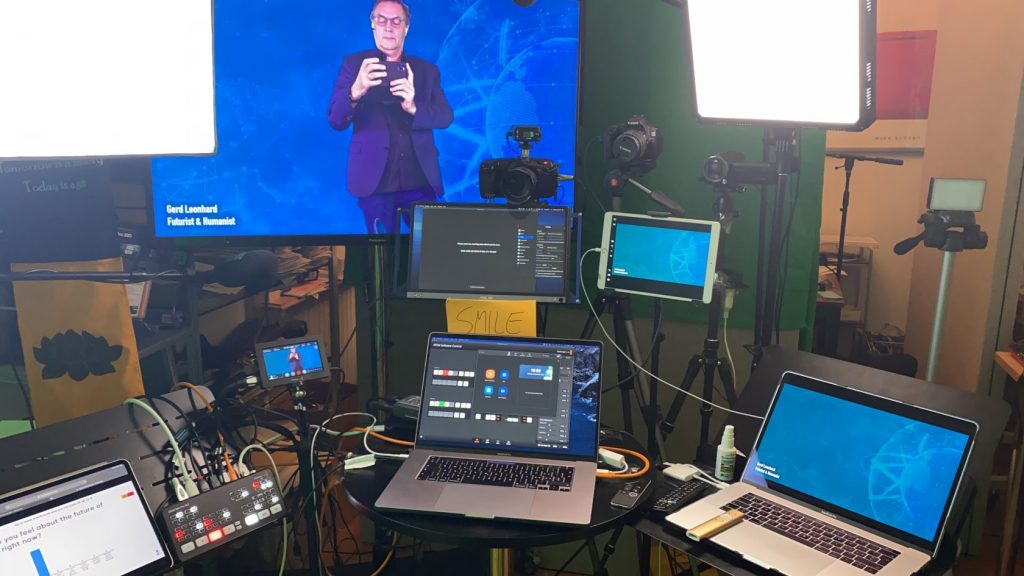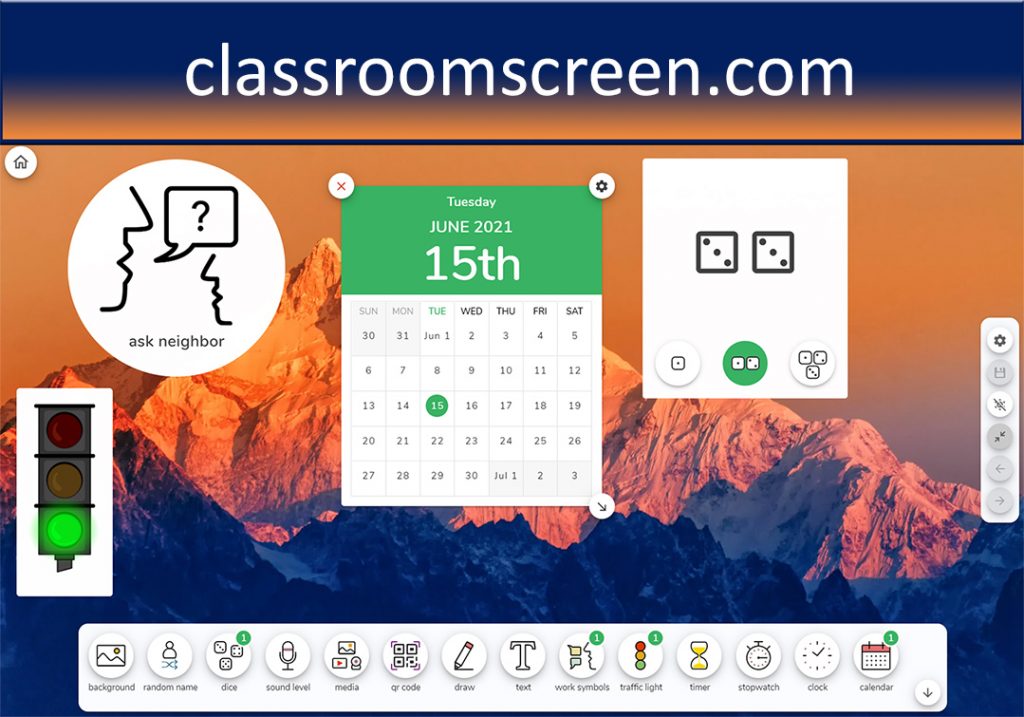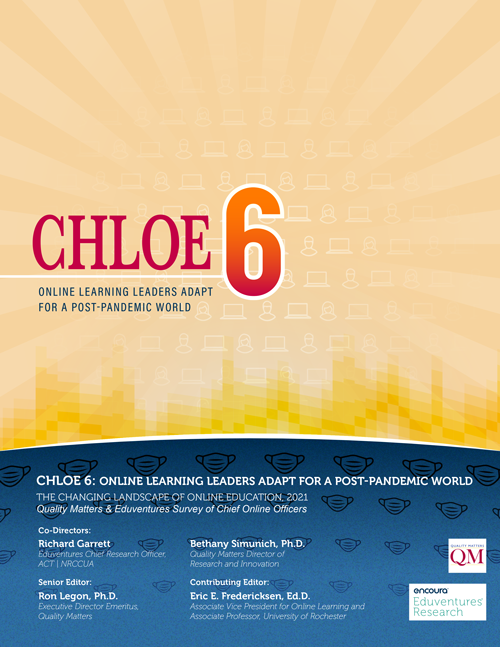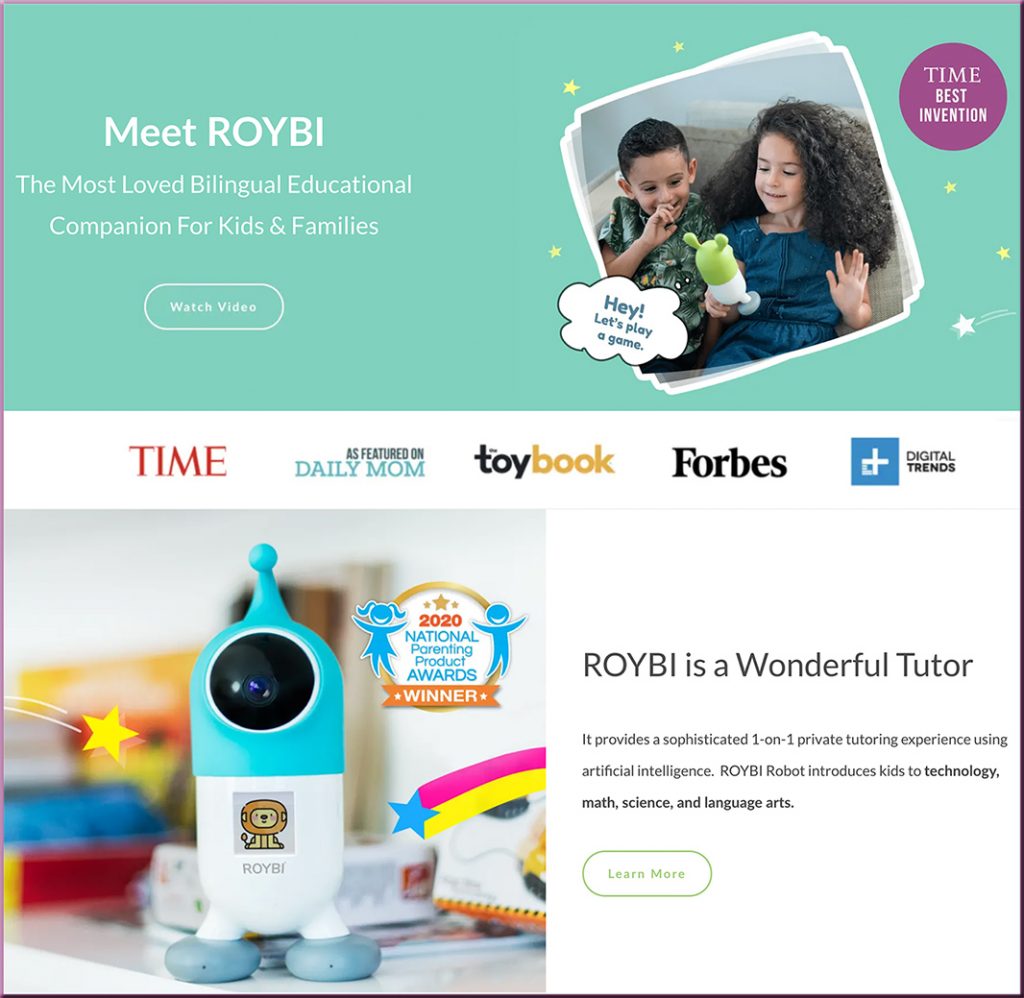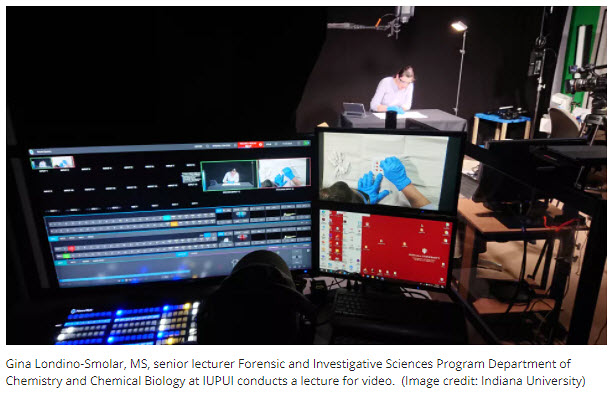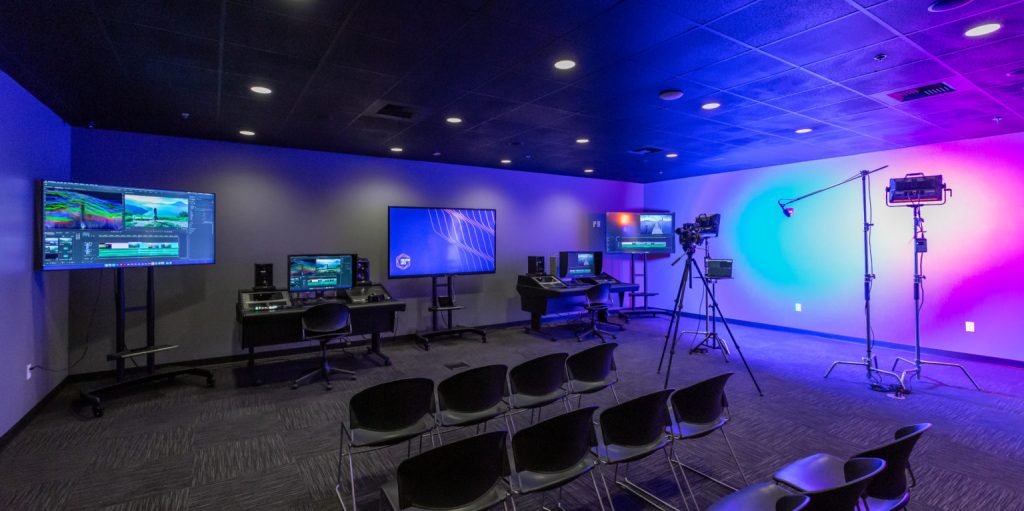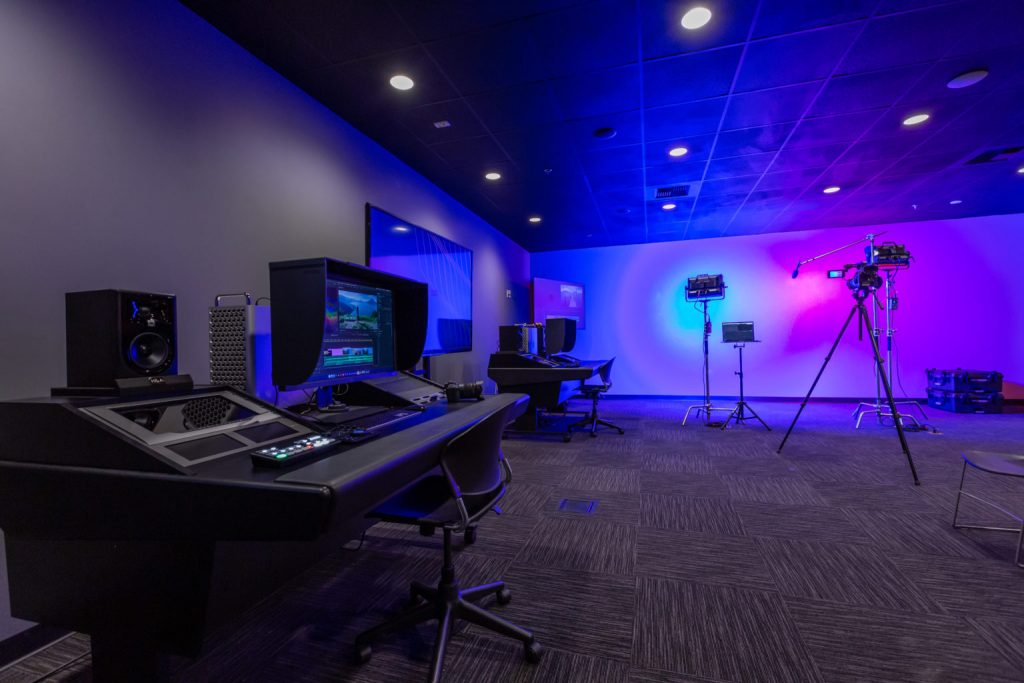IU researchers introduce ambitious new model for large-scale research on student learning — from news.iu.edu
Excerpt:
“The main conclusion of the study — to the great surprise of many teachers — is that there is no overall effect of feedback timing that spans all learning environments,” said Fyfe, an assistant professor in the Department of Psychological and Brain Sciences. “The findings should provide some comfort to teachers. If they take a few days to return feedback, there is no evidence that the delay will hamper their students’ progress, and in some cases, the delay might even be helpful.”
From DSC:
I must admit that I publish this with some hesitation, as I’m a big fan of personalized, customized feedback. I just hope that study doesn’t stop or reduce faculty members from providing such valuable feedback.
Also see:
The Science of Studying Student Learning at Scale — podcast and transcript — from campustechnology.com by Rhea Kelly; with Emily Fyfe and Ben Motz at Indiana University
Excerpt:
MOTZ: So ManyClasses is really an attempt to try and expand the scope of research so that what we’re doing in asking a question of how people learn, is expanding beyond the boundaries of any single classroom, really aiming at developing inferences that could generalize beyond that narrow scope, but also that might be able to identify where a practice might have benefits.
…
FYFE: …I think when we are thinking of ManyClasses as a research team, we’re thinking of it as a new gold standard for how to conduct scientific research in classrooms
…
And so ManyClasses is a model for sort of combining the rigor of these randomized experiments within these authentic settings. And the goal is to sort of, as Ben said, to do this across many classes, so that we’re not just running one experiment, but we’re replicating it across all of these different authentic educational settings. And so really, at the heart of it, ManyClasses is a new model for conducting research in educational settings.









